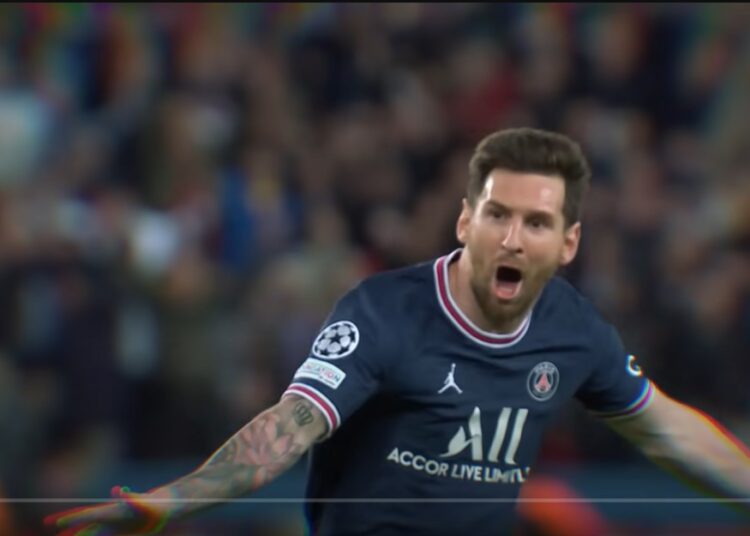This is the first tournament since Diego Maradona’s death two years ago this week and as The New York Times reminds us, the first World Cup without the presence in some form of the man who defined it for Argentina: as an inspirational player, as an impassioned coach, as the country’s most visible face in and out of sports. Maradona was not only “The Hand of God,” but god himself in the soccer world– not only in Argentina, but in Italy as well, where he played for seven seasons—1984 to 1991– and won a total of five titles in that time. Maradona reached the peak of his career with Napoli and became captain after his arrival at the club.
Diego is a legend, in Naples his image is everywhere even 30 years after that remarkable playing streak when he got the nickname that would forever define his fame. His name is stitched on shirts, painted on walls, and etched in the hearts of people who cried when they heard of his death. Many are even too young to have ever seen him play. Diego is the north star for the boy Fabietto in Paolo Sorrentino’s semi-autobiographical film with the same title: The Hand of God.

But in this World Cup the players are rooting for Lionel Messi. It’s his last chance to win the one trophy that has eluded him—other than the Carabao Cup—throughout a career whose glitter rivals Diego’s. The feeling is that Argentina has finally put together a team that can get the best out of him, team that has not lost in 35 games coming into the tournament and one that has arrived in Qatar with the belief and the fire to win Argentina’s third World Cup.
But despite the love that the fans and the players have for Messi, for the Argentines that have come all the way to Qatar the tournament is as much about honoring Maradona’s legacy as it is about Messi.
The fans’ songs, banners and flags all make this clear. They are songs about Diego watching from the sky and songs about Diego passing on the torch to Messi. They are songs that overflow with the love they still feel for him and the way they miss him.












